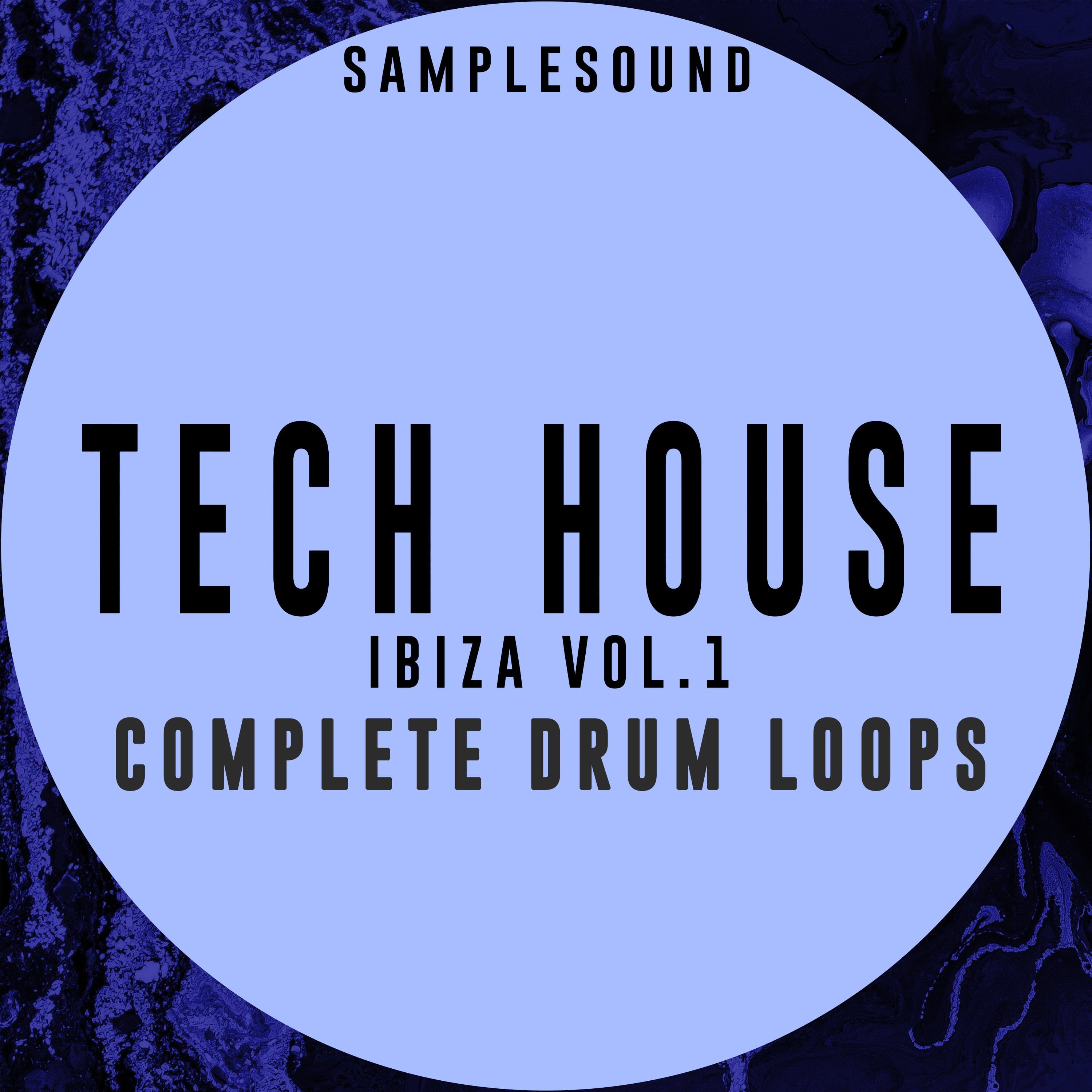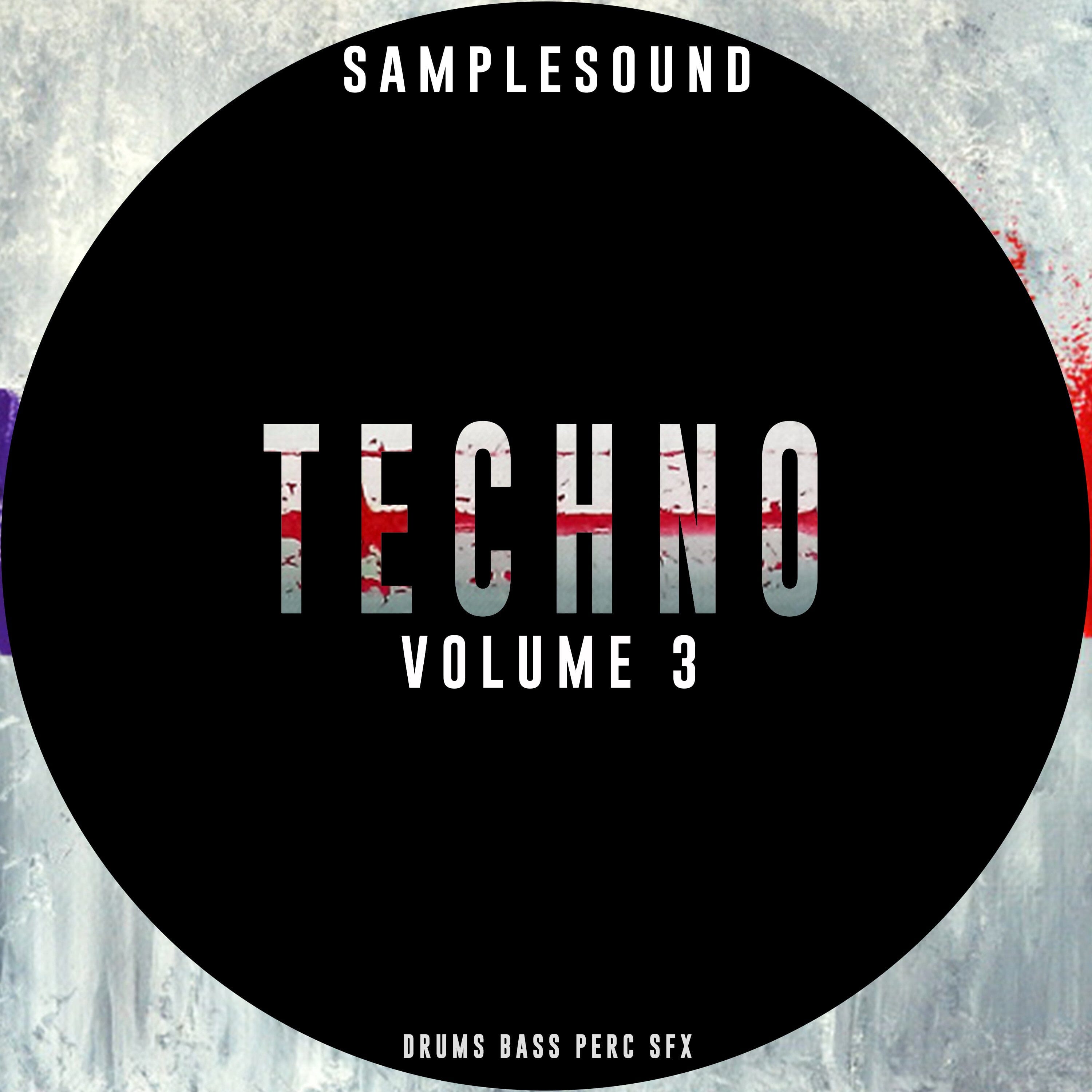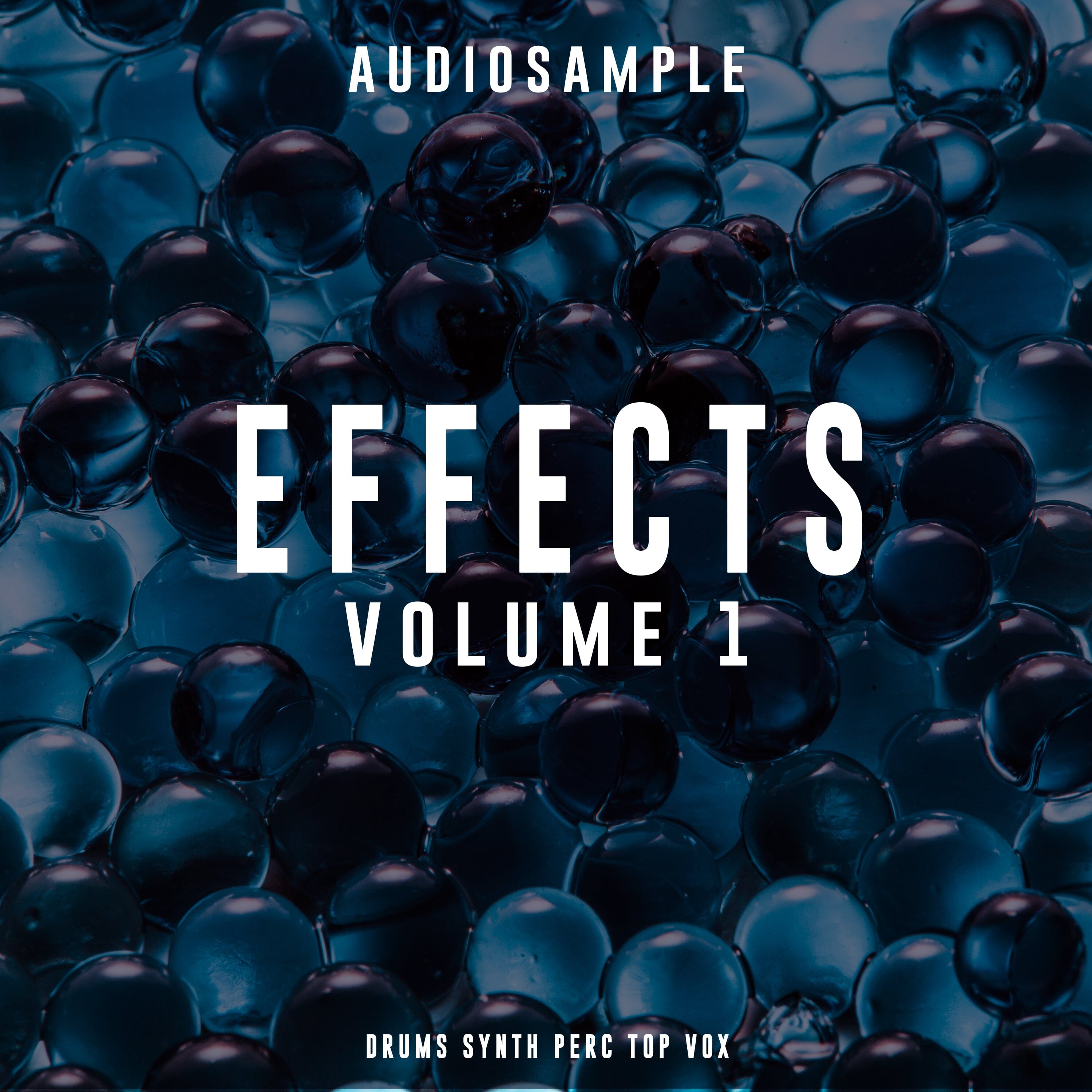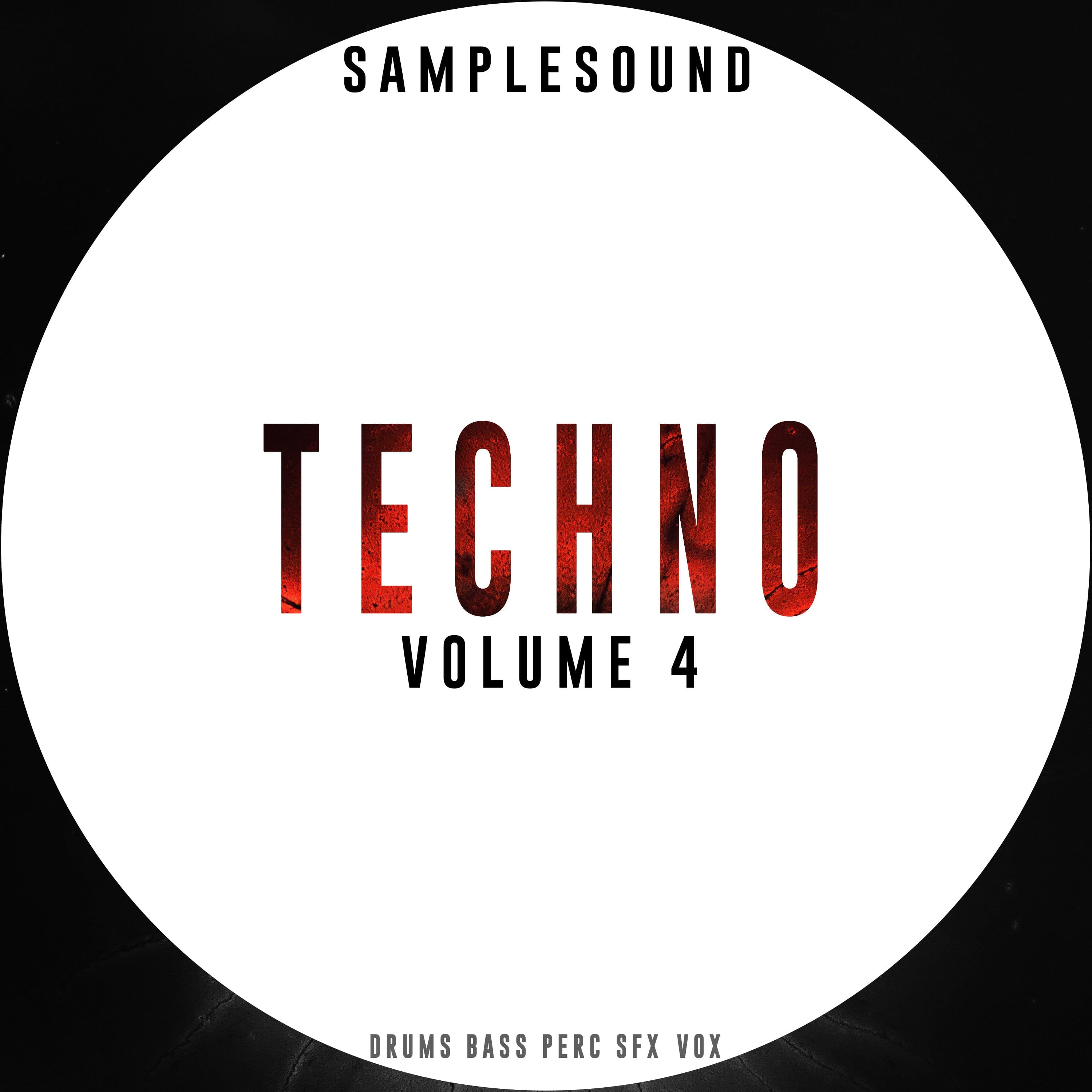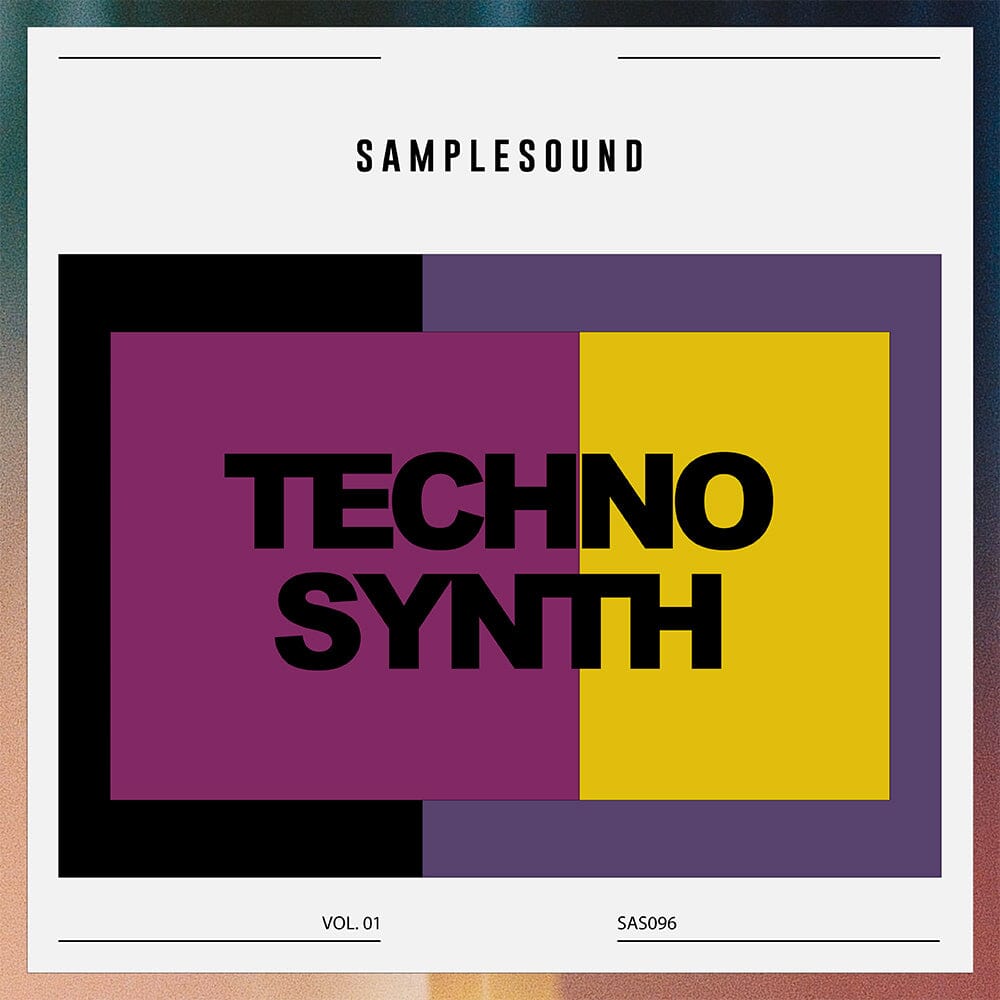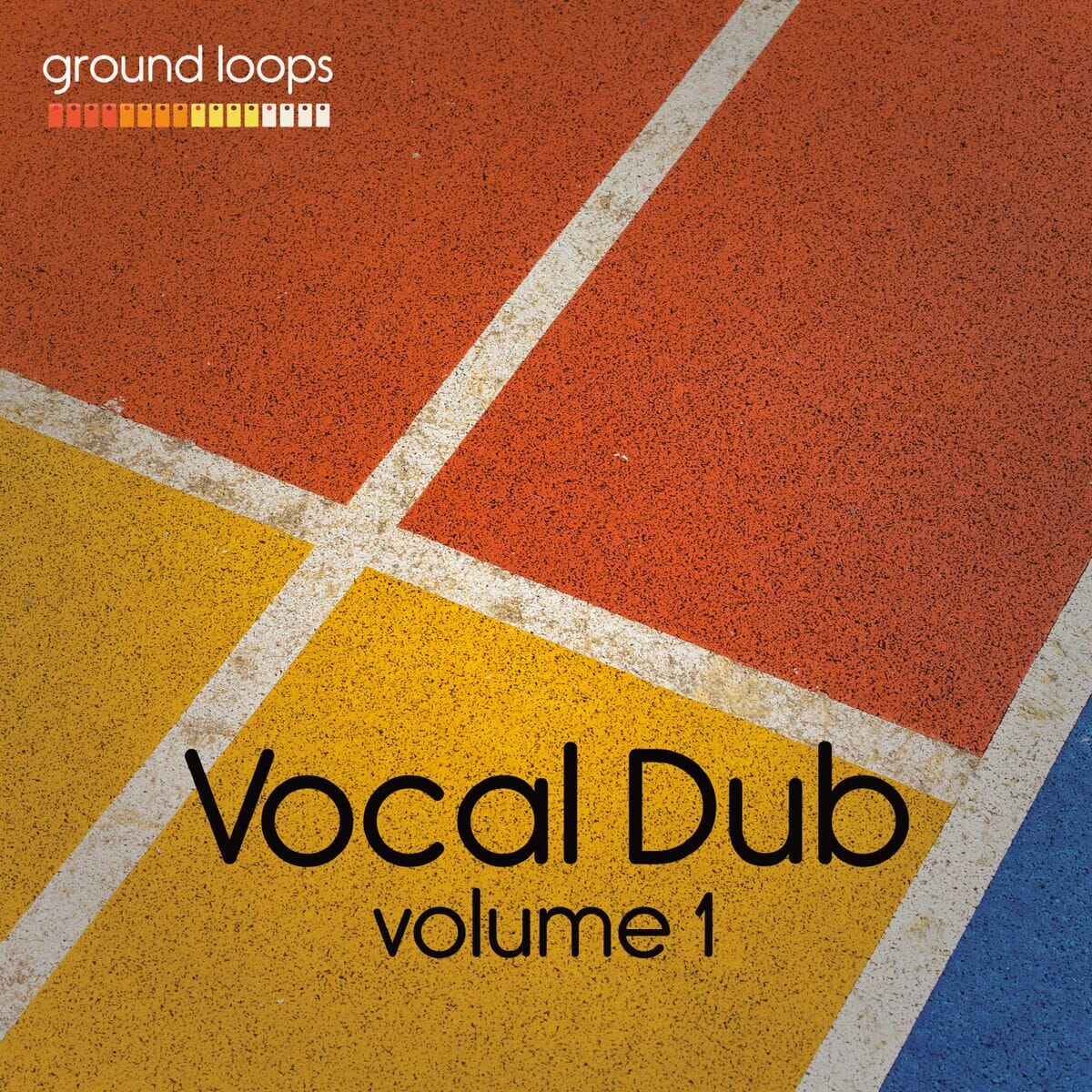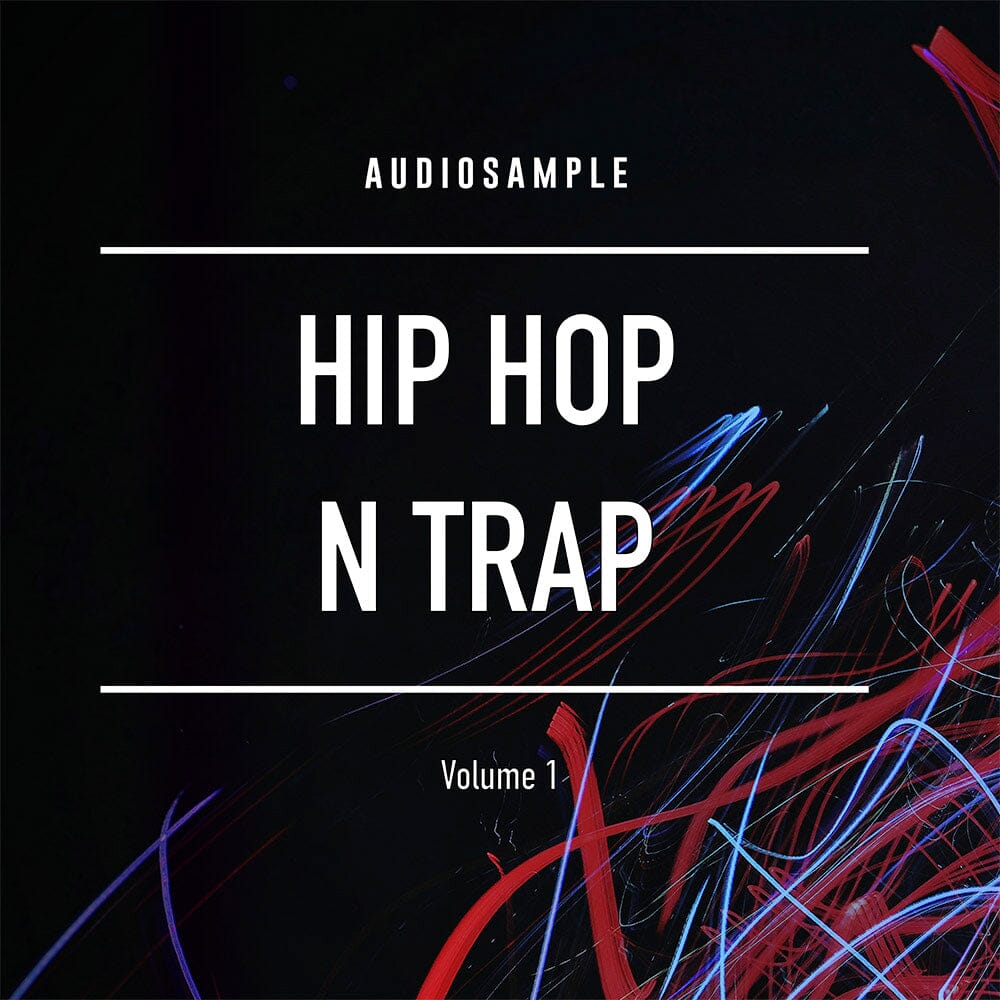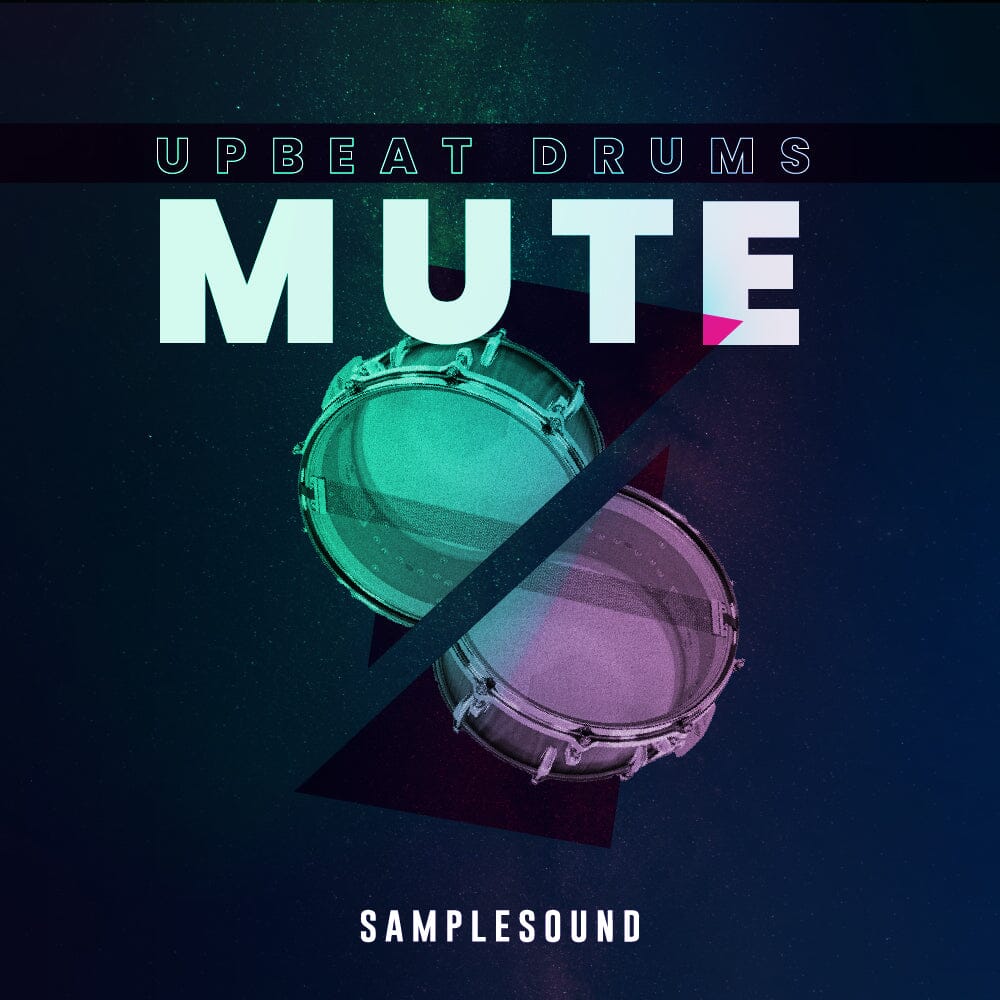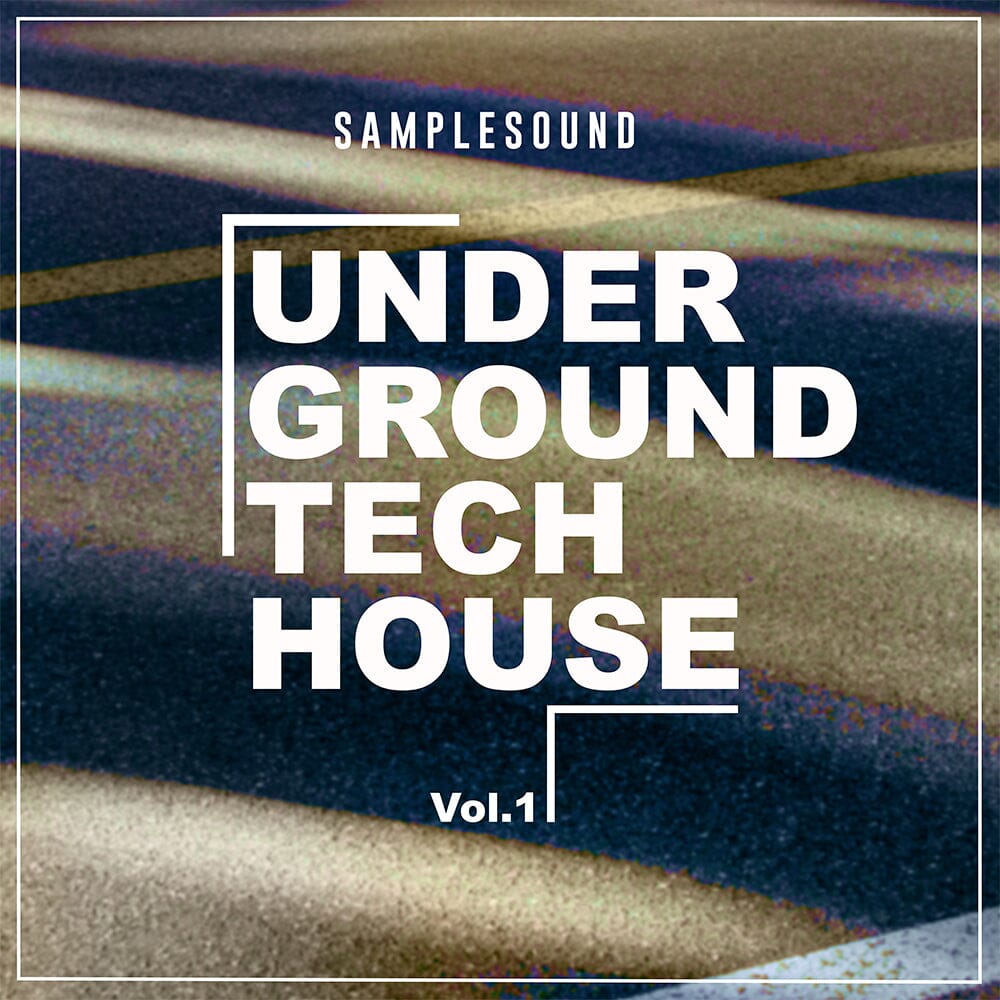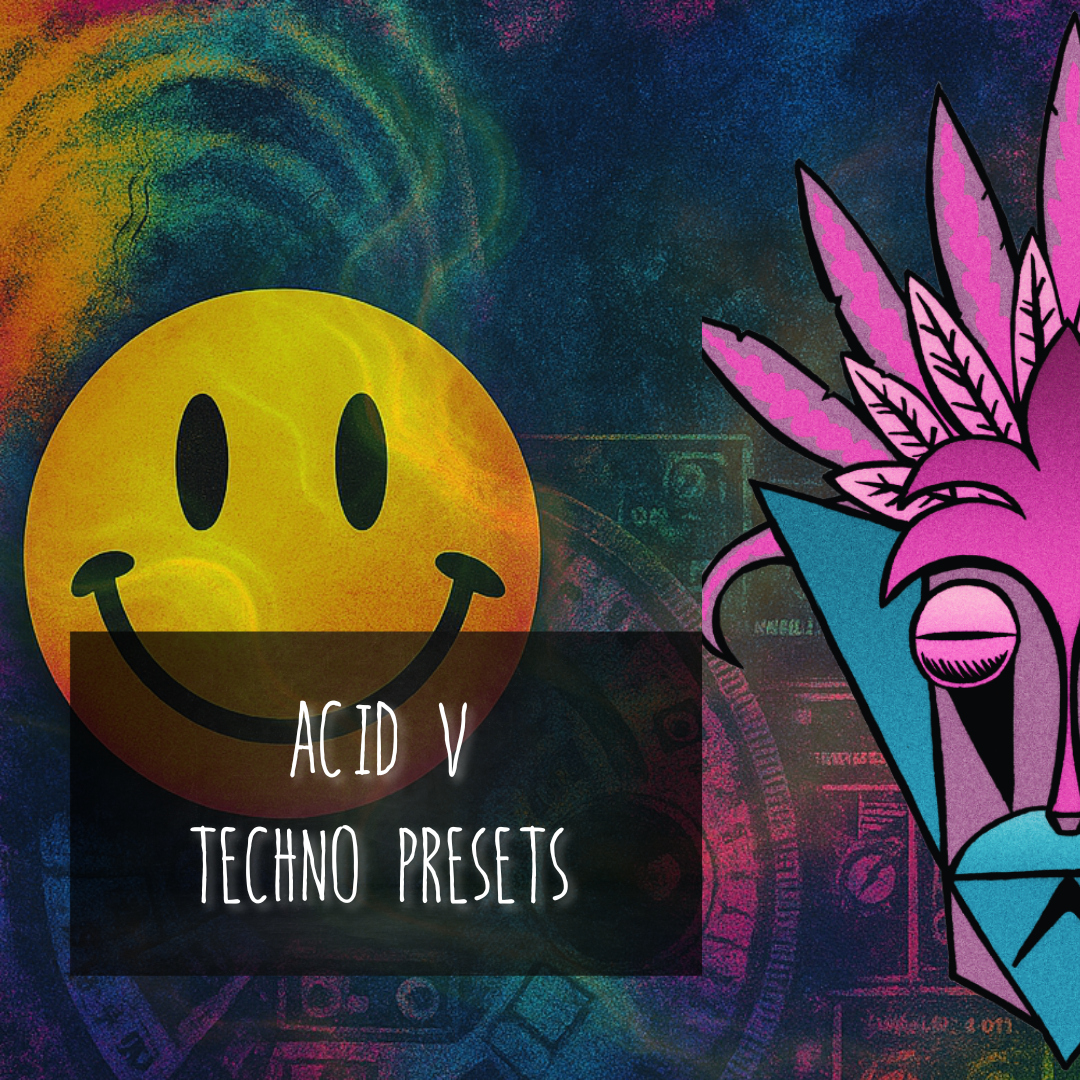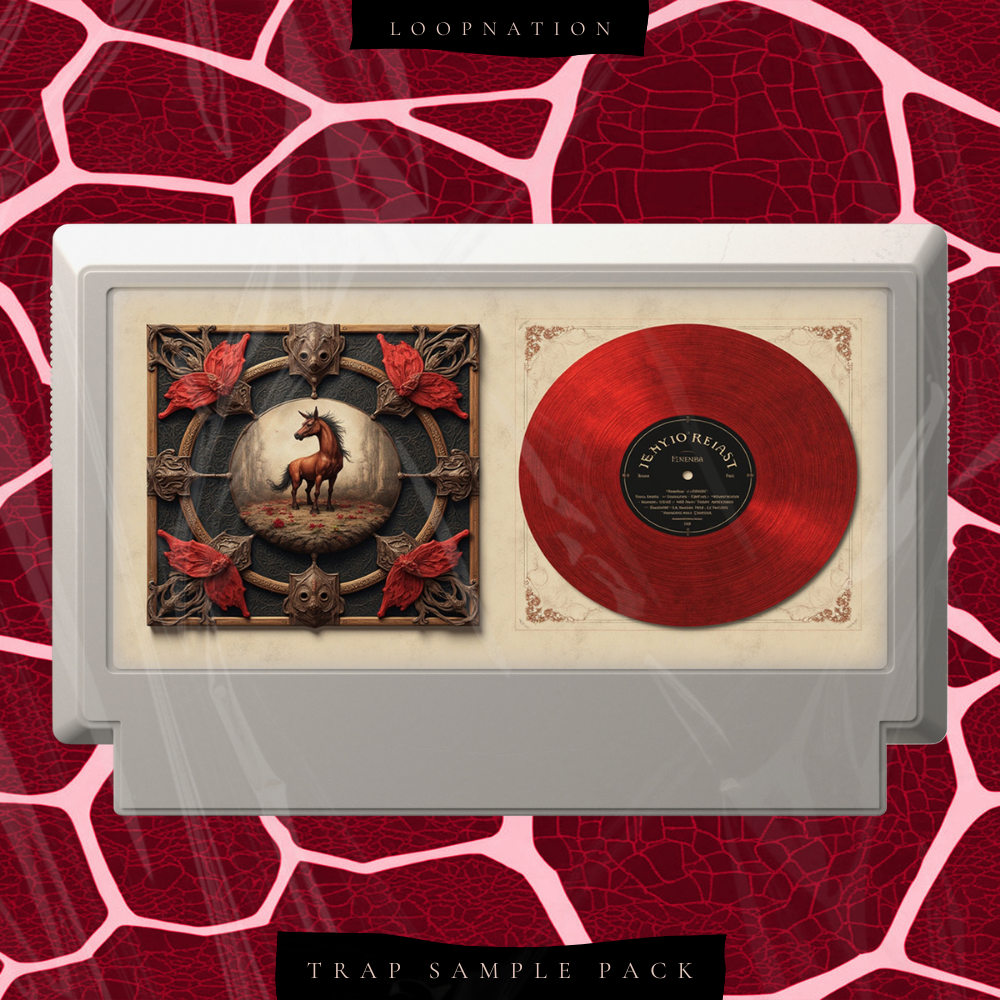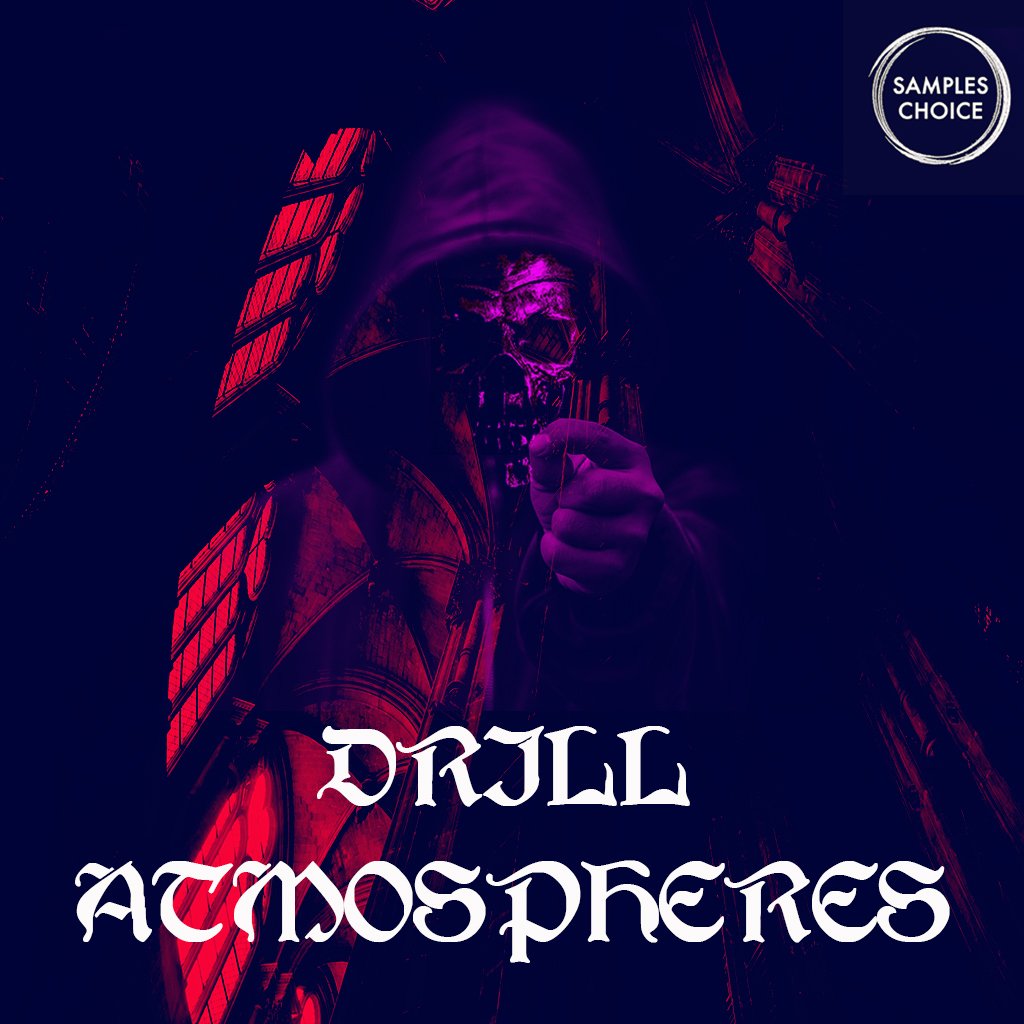What is AI sampling?
Artificial intelligence (AI) is steadily gaining a foothold in the music production world, offering a range of tools that enhance creativity and streamline workflows. From composing entire songs to mastering audio, AI is proving to be a valuable asset for music producers at every level. The ability of AI to analyze data and learn patterns makes it a transformative force, providing innovative ways to approach tasks that once took significant time and expertise.
While AI isn't yet a replacement for human creativity, it is becoming a powerful collaborator in the creative process. For producers looking to increase efficiency or explore new sounds, AI is quickly becoming a go-to tool in the studio. In this guide, we’ll explore some of the best AI tools available today, organized by their function in the music production workflow. Whether you’re looking to generate compositions, separate stems, or master your tracks, there’s an AI tool to meet your needs.

How do I create an AI generated content?
Creating AI-generated content, including music, involves using specialized software that leverages machine learning algorithms to produce unique compositions or sounds. Tools like the Samplesound AI Sample Generator allow users to input prompts or parameters, guiding the AI in generating content that meets specific creative needs. This process can range from generating melodies and rhythms to creating full-length tracks or ambient soundscapes. By experimenting with different settings, producers can achieve diverse and unique outputs that would be challenging to create manually.
Can I sample AI music?
Yes, sampling AI-generated music is not only possible but increasingly common. Many AI tools offer features that allow users to generate royalty-free samples, which can then be incorporated into new projects. These samples can be manipulated, remixed, and arranged just like any other audio material. It’s essential, however, to check the licensing agreements of the AI tool being used, as some may have specific restrictions or requirements regarding commercial use.
Is there a free AI music generator?
Several free AI music generators are available, offering basic functionalities to those looking to explore AI-driven music creation without committing to a paid service. Tools like Google’s Magenta and Amper Music provide limited yet powerful options for generating music with AI. These platforms are ideal for beginners or those experimenting with AI-generated music, as they allow users to understand the basics of AI composition and sound design before investing in more advanced tools.
A Brief History of AI in Music Production
Early Beginnings of AI in Music
AI’s involvement in music dates back further than many might expect. In the late 1950s, algorithmic composition began with the Illiac Suite, a piece created entirely by a computer at the University of Illinois. This marked the first instance of a machine composing music from scratch. By the 1960s, researchers like R.Kh.Zaripov in Russia were developing computational methods for music composition, paving the way for today’s AI-driven tools.
As technology advanced, the 1980s saw further breakthroughs in AI-driven music creation. David Cope, a pioneer in the field, developed Experiments in Musical Intelligence (EMI), an early form of generative AI that could analyze existing music and create new compositions in the style of known composers. These early experiments showed that machines could learn and mimic human musical patterns, laying the foundation for modern AI tools.
The Evolution of AI in Music Technology
As we moved into the 21st century, AI technology advanced dramatically. Machine learning and neural networks made it possible for AI to not just mimic music but to understand and generate original compositions.
Today, AI has evolved to the point where it can create music in real-time, learn from individual artists' styles, and even perform advanced tasks like mastering audio.
The emergence of deep learning and neural networks has further accelerated this progress. Modern AI music tools can now analyze complex patterns in music, learn from vast datasets, and generate entirely new sounds. These technologies are now transforming music production workflows, from automated composition tools to AI-powered mastering software.
Understanding AI Music Production Tools
How AI Tools Are Transforming Music Production
AI tools are reshaping how music is made by simplifying complex tasks, generating creative ideas, and reducing the time producers spend on repetitive processes. In the past, crafting a track involved hours of labor-intensive work—manually selecting samples, editing recordings, and perfecting the mix. Today, AI tools are making these steps faster and more efficient by automating processes such as composition, mastering, and even sound design.

The real strength of AI in music production lies in its ability to analyze vast amounts of data, learn patterns, and generate new, unique outputs based on that data. Whether it’s creating a fresh melody or isolating vocal tracks from a song, AI tools offer innovative ways to enhance creativity while maintaining high production standards. For producers, this means more time spent on the creative aspects of music-making and less time spent on tedious tasks.
The Importance of Knowing Which AI Tools to Use
With the number of AI tools on the rise, it’s important to understand which ones suit your specific production needs. Not all AI tools are created equal—some are designed for composition, others for stem separation, and some for mastering. Each tool serves a unique purpose, so knowing how to integrate the right AI software into your workflow can make a significant difference.
For instance, producers looking to generate new musical ideas might opt for composition tools, while those focused on improving the quality of existing recordings may benefit from AI-powered mastering or stem separation tools. By categorizing these tools according to their primary function, it becomes easier to navigate the AI landscape and select the ones that will best enhance your creative process.
Best AI Tools for Music Composition
BOOMY: AI Composition and Instant Publishing
BOOMY goes beyond composition, offering a unique feature that lets you publish your AI-created tracks to platforms like YouTube and Spotify. It’s especially useful for creators who need royalty-free music quickly, while also having the potential to monetize their AI-generated tracks.
AIVA: Advanced AI for Serious Composers
AIVA allows users to compose entire pieces of music in various genres. It’s an excellent tool for both novices and professionals, offering AI-generated compositions that can be tailored and refined. Whether you’re creating classical music or electronic tracks, AIVA provides more creative control than most other AI tools.
Soundraw: Customizable AI Music Creation
For content creators who need music that fits specific project requirements, Soundraw provides an AI-powered composition platform that allows you to adjust mood, tempo, and instruments. It’s easy to use, but flexible enough to offer customization, making it ideal for users who want more control over the music AI generates.
Additional Options: Loudly and Amadeus Topline
If you’re looking for quick, random music generation, both Loudly and Amadeus Topline (an iOS app) provide user-friendly interfaces for creating AI-generated music fast. They’re designed for content creators and songwriters seeking quick inspiration with minimal effort.
Best AI Tools for Stem Separation
LALAL.AI: High-Quality Stem Separation for Music Producers
LALAL.AI is one of the leading AI tools for stem separation, allowing you to isolate vocals, drums, basslines, and other instruments from full tracks. Whether you’re remixing a song or looking to sample specific elements, LALAL.AI’s intuitive interface and high-quality audio separation make it a favorite among producers. It supports multiple file formats and offers precise separation that delivers professional-level results.
MOISES.AI: AI-Powered Separation with Deezer’s Technology
MOISES.AI uses Deezer’s proprietary AI engine to offer similarly detailed stem separation. MOISES.AI allows producers to extract vocals, instruments, or specific parts of a song with impressive accuracy. Its user-friendly platform is perfect for those looking to remix tracks or create mashups, and it provides flexibility in audio formats and quality. The key difference between MOISES and LALAL.AI lies in their AI engines, but both offer robust performance.
AI Tools for Organizing Sample Libraries
Atlas by Algonaut: Intelligent Sample Organization and Groove Creation
Atlas by Algonaut is a powerful AI-driven tool that organizes your sample libraries in a visual and intuitive way. Using machine learning, Atlas maps out your samples into categories, making it easier to find and use sounds in your projects. It also includes a groove feature that allows you to create rhythms based on your existing sample library, offering a fresh approach to sound design and production. The AI engine analyzes your samples and arranges them in ways that enhance creativity, all within your DAW.
Playbeat by Audiomodern: Customizable Patterns and Personalization

Playbeat by Audiomodern uses AI to help you organize and randomize your sample library. It allows you to generate infinite variations of beats and rhythms by using your existing samples. One of the key features of Playbeat is its ability to learn your preferences and adapt to your workflow, creating personalized patterns that reflect your style. It’s a great tool for producers who want more variation and randomness in their beat-making process.
AI Tools for Mastering
Mastering, the final step in music production, can often feel like a complex and technical process. This is where AI tools shine, offering an automated yet highly effective way to achieve a polished, professional sound. AI mastering tools analyze your track and apply adjustments to balance levels, enhance clarity, and optimize the overall quality of the audio.
One of the most prominent AI-powered mastering tools is LANDR. This platform has revolutionized the mastering process by using machine learning to analyze a massive library of reference tracks. By comparing your song with professionally mastered tracks, LANDR makes smart adjustments, offering an instant master that doesn't rely on preset settings. This personalized approach ensures that your track sounds unique, maintaining its artistic integrity while benefiting from professional-grade polish.
For those who prefer more hands-on control, iZotope’s Ozone provides an excellent blend of automation and manual tweaking. Ozone’s Mastering Assistant uses AI to offer suggestions, but it also allows producers to make precise adjustments to compression, EQ, and stereo imaging. This balance of AI and human input makes it popular among producers who want the benefits of AI without losing creative control.
Incorporating AI into the mastering process not only speeds up the workflow but also helps independent producers achieve the level of quality typically associated with professional studios. AI tools are learning and adapting with each track, offering increasingly smarter and more nuanced results, helping producers deliver radio-ready music with minimal effort.
Generative AI Tools for Music Production
What Are Generative AI Tools in Music?
Generative AI refers to AI systems that create new content, such as music or soundscapes, from scratch. These tools don’t just manipulate existing sounds—they generate entirely new compositions or sonic elements by learning from vast datasets of music. For music producers, generative AI opens up new realms of creativity by offering fresh musical ideas, chord progressions, melodies, and even full compositions that might not have been conceived through traditional means.
Dreamtonics Synthesizer V: AI-Generated Vocals
One of the most fascinating advancements in generative AI is Dreamtonics Synthesizer V, a tool that replicates the human voice with stunning accuracy. This AI-powered synthesizer allows users to input lyrics and generate vocal performances that sound incredibly life-like. The deep neural network technology behind it offers expressive control over the vocals, allowing for detailed nuances in pitch, tone, and phrasing. It’s multi-lingual and offers access to a wide range of voices, making it a versatile tool for producers looking to add vocals to their tracks without needing a live singer.
Orb Producer Suite: Infinite Melodies and Rhythms
For producers looking to experiment with AI-generated melodies, chords, and rhythms, the Orb Producer Suite offers an ideal solution. This suite consists of four AI-driven plugins—Orb Melody, Orb Chords, Orb Bass, and Orb Arpeggio—which allow users to generate musical elements based on their preferences. The plugins integrate directly with your DAW, making it easy to incorporate these AI-generated ideas into your production. It’s a tool that encourages experimentation, offering new and innovative ways to develop melodies and rhythms.

Google’s Magenta: Open-Source AI for Music Creation
Google Magenta is a research project that explores how machine learning can assist artists in the creative process. Magenta offers a variety of tools that help producers generate new music, including Magenta Studio, which integrates with Ableton Live to create melodies, drum patterns, and more. One of the standout features of Magenta is its open-source nature, allowing musicians and developers to experiment and create custom models tailored to their unique artistic vision. It’s ideal for producers who want to explore cutting-edge AI technology in music without commercial constraints.
MuseNet and Jukebox by OpenAI: AI Compositions Across Genres
MuseNet and Jukebox, both created by OpenAI, are two pioneering tools in generative AI music. MuseNet can generate multi-instrument compositions in various genres, blending styles like classical and pop to create something new and unexpected. Jukebox, on the other hand, generates music as raw audio, including basic vocal performances. These tools are more suited for experimental producers and developers due to their complexity, but they offer a glimpse into the future of AI-generated music.
AI Tools for Sample Generation and Variation
Samplesound AI Sample Generator: Create Custom Samples from Scratch

For producers who need unique samples generated quickly and efficiently, the Samplesound AI Sample Generator offers an intuitive solution. This tool allows users to generate completely new samples based on text prompts, making it easy to craft sounds tailored to specific needs. Whether you're looking for atmospheric textures, percussion, or melodic loops, the AI can generate a wide variety of samples ready to be integrated into your projects. It streamlines the sample creation process, allowing you to focus on creativity without getting bogged down in time-consuming sound design.
Samplesound Sample Variation: Endless Possibilities with Existing Samples
In addition to generating samples from scratch, Samplesound Sample Variation enables producers to create variations from existing samples. By using this tool, you can input a sample and the AI will generate multiple variations, offering fresh perspectives on familiar sounds. This feature is particularly useful for remixing, creating new arrangements, or experimenting with different textures without losing the core essence of the original sample.
These tools, specifically designed to meet the needs of modern music producers, offer unparalleled flexibility and efficiency, providing new ways to create and innovate in the world of sample-based music production.
AI as a Creative Tool in Music Production
The integration of AI in music production is opening up exciting new possibilities for both amateur and professional producers. From generating unique samples to mastering complex tracks, AI is transforming workflows and offering new levels of efficiency and creativity. While AI is not meant to replace human artistry, it complements it by automating repetitive tasks and inspiring creative exploration. Whether you're creating full compositions or isolating specific elements of a track, AI-powered tools offer invaluable assistance.
Looking forward, it’s clear that AI will continue to evolve, becoming an even more integrated part of the music production process. As AI learns from each track, it becomes smarter, more adaptive, and increasingly capable of offering personalized solutions tailored to each artist’s style. Tools like the Samplesound AI Sample Generator and Samplesound Sample Variation are already leading the way by providing producers with innovative ways to create and manipulate sounds, streamlining the production process without sacrificing creativity.
Ultimately, the best results come from using AI as a tool, not a replacement. By blending the power of AI with human intuition and artistry, producers can unlock new possibilities and push the boundaries of music creation.
AI Sample Creation Free
Many free AI tools are available for those looking to experiment with AI sample creation without any financial commitment. Platforms like Magenta and Amper Music provide basic functionalities for generating music and samples using AI, making them ideal for beginners or producers looking to explore what AI can do. These free tools allow users to create a variety of musical elements, from drum patterns to melodies, without the need for expensive software.
AI Sample Creation App
For those seeking more advanced and customizable options, the Samplesound AI Sample Generator offers a powerful app that allows users to create high-quality samples tailored to their specific needs. With a 14-day free trial, users can explore all the features the app has to offer, including text-prompt-based sample generation and seamless integration into music production workflows. This app is perfect for producers looking to elevate their sound design with minimal effort, providing a user-friendly interface and innovative AI capabilities.

